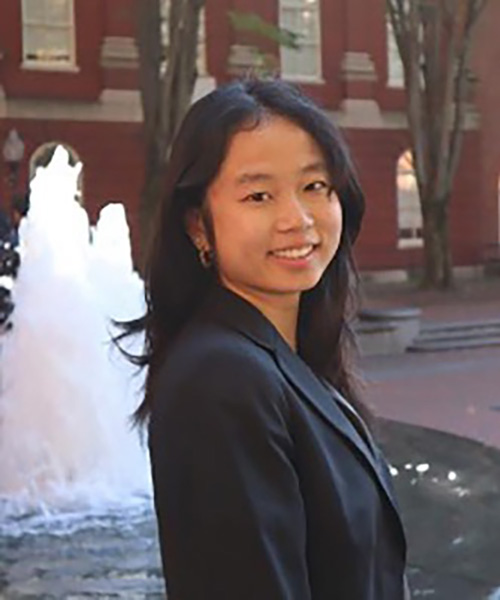
Beyond the Headlines: Bridging Divides through Dialogue
Zifei Zhao | May 15, 2025
Responding To: Georgetown Students Reflect on Virtual Exchanges with Tsinghua University
Isabella Stratta
Just as we need to “agree to disagree,” I believe that we need to disagree to agree—particularly in the context of the U.S.-China relationship. When dialogue and debate occur, it lays a path for agreement on other areas or on a way to move forward. I’ve learned through the U.S.-China Student Dialogue that we shouldn’t stray away from disagreement but should rather embrace it as a means to find common ground in other areas.
This approach shaped my experience throughout the U.S.-China Student Dialogue. During our four online sessions with students from Tsinghua University, disagreement was a regular feature—not a disruption, but part of the structure of the conversation. We debated everything from political systems and policy preferences to snack choices. But even in lighter moments, those exchanges reflected the broader challenge: how to engage across differences without reducing each other’s views to stereotypes or generalizations.
Our discussion on the development of artificial intelligence (AI) was a clear example. We were at odds with how we believed AI development should be managed in our respective countries, with some students favoring private-led innovation and others preferring state-directed AI development. What was important to note is within our own universities, there were wide ranges of perspectives on the global issues discussed and disagreements were not along nationality lines only. This diversity of opinion led us to discuss our shared fears of the military applications of AI and the importance of strengthening confidence-building measures between our two countries to avoid dangerous uses of AI in wars.
This opened into a broader discussion on whether AI technology will widen the gap between developed and developing countries. Our team came to similar agreement that because there is significant underlying infrastructure needed to harness the benefits of AI, this technology may leave many communities behind economically. We discussed the roles each of our countries played in ensuring AI’s benefits can be distributed as widely as possible.
Over the course of our online dialogues, our Georgetown and Tsinghua cohorts spent a lot of time disagreeing—and that turned out to be the most useful part. We didn’t try to smooth over differences or avoid hard topics. Instead, we tried to understand where the other person was coming from and why a particular issue looked different from their perspective. In doing so, we practiced a kind of disagreement that feels increasingly rare at the highest levels of diplomacy: one that doesn’t aim to win, but to make space for clarity and understanding. As we prepare for our in-person dialogues in Beijing and Hong Kong, I’m looking forward to continuing those conversations. We won’t see everything the same way, but if we keep showing up with the same level of attention and seriousness, that in itself is valuable.
Isabella Strata (SFS/B’25) is a student at Georgetown University studying business and global affairs.

Zifei Zhao | May 15, 2025
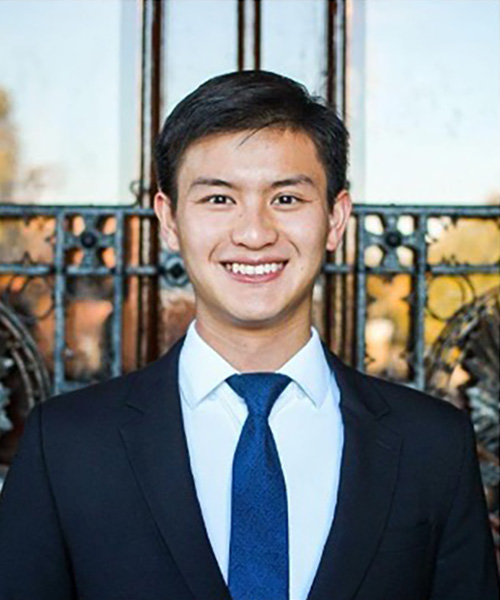
Bennie Chang | May 15, 2025

Aanika Veedon | May 15, 2025

Luke Hughes | May 15, 2025
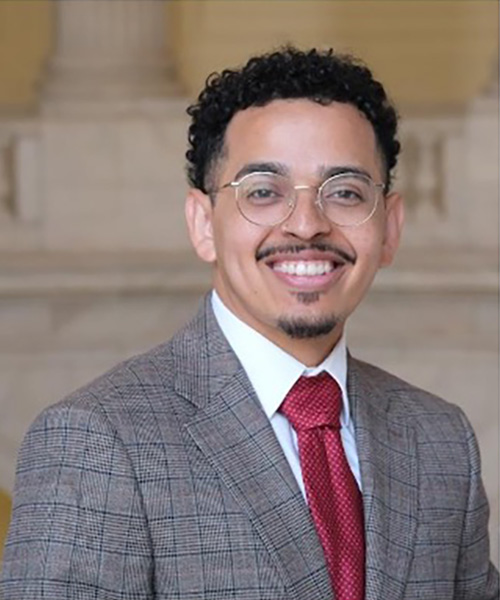
Daniel Castro Bonilla | May 14, 2025

Emmy Ekstrand | May 14, 2025

Lam Tran | May 14, 2025
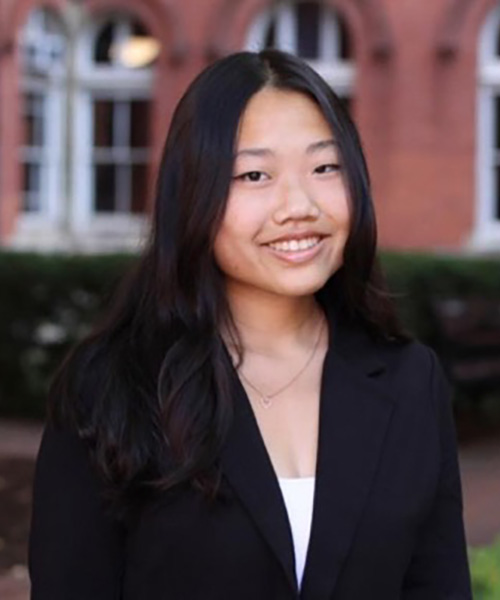
Maggie Yang | May 14, 2025

Tiffany Cowan | May 14, 2025

Drew Zacharias | May 14, 2025
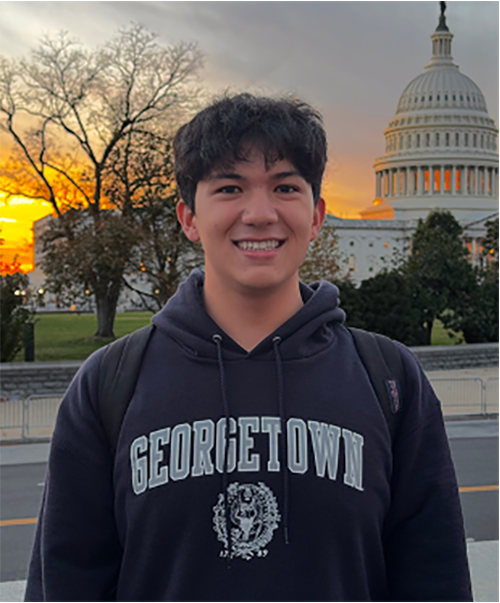
Patrick Coggin | May 14, 2025

Raghav Akula | May 14, 2025